We are hiring!
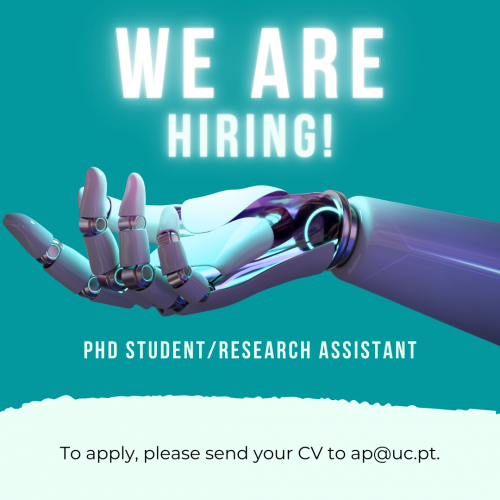
Would you rather have R2D2 or C3PO give you a haircut?
As a hairdresser, would you prefer either of these robots helping you?
Whatever you answered, is this what your brain prefers, too?
We are now hiring a PhD student/research assistant on a project aimed at pursuing questions like these. The main goal is to determine how humans trust robots in collaborative scenarios and how we can read human states from self reports and biological signals. The project is led jointly by Art Pilacinski (University of Coimbra/Ruhr-University Bochum) and Sergi Bermudez I Badia (University of Madeira), in collaboration with robotics experts like Ioannis Iossifidis, Alexandre Bernardino and others, including psychologists and neuroscientists.
Jorge Almeida won an ERA Chair!
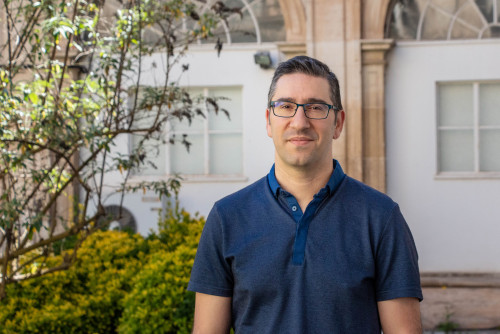
Jorge Almeida won 2.5 million euros to enhance and optimize research at the University of Coimbra in the field of cognitive neurosciences.
The funding will allow, over five years, to enhance this research at the UC. The project is funded under the ERA Chair Actions, the European Commission’s funding mechanism that supports universities and research centers so that they can attract and retain qualified human resources and, at the same time, boost research excellence in their fields of action,
Jorge Almeida will coordinate the ERA Chair “CogBooster”, which has the central objective of “creating ans sustaining an extremely strong research group in Cognitive Neuroscience, which should also support the applied research currently carried out at FPCEUC, framing the innovation developed therein in a strong fundamental science” explains the Proaction Lab Director.
Neuroscience goes to School
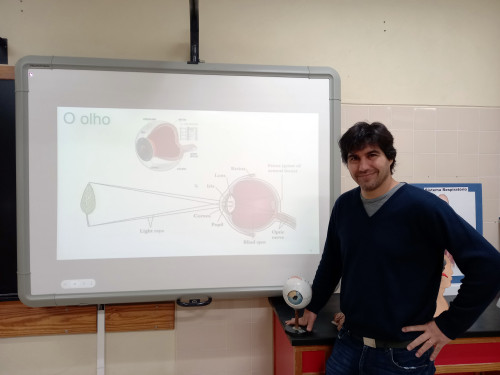
Pos-Doc researcher André Peres and PhD students Daniela Valério and Miguel Baião visited elementary and middle schools to talk about the brain and cognitive neuroscience to students from 8 to 14 years old.
"Neuroscience goes to School" is a Proaction Lab project that aims to bring children and teenagers closer to science.
Mapping the Brain at Inovação@UC

Jorge Almeida was invited to present the ContentMAP research project in the event INOVAÇÃO@UC, with the talk “A map of the brain, or how we recognize objects!”, in an initiative that gathered several of great innovative projects of the University of Coimbra.
Science and Consciousness at FIC.a Science Festival
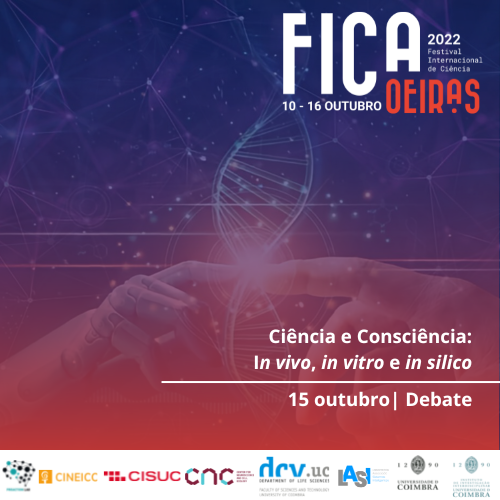
We will be talking about Science and Consciousness on the 15th of October at the FIC.A - International Science Festival.
“Science and Consciousness: In vivo, in vitro and in silico” will be held by Óscar Gonçalves, from Proaction Lab and CO&MA Team, João Peça from CNC UC and Amílcar Cardoso from the Center for Informatics and Systems of the University of Coimbra. They will talk about three aspects of consciousness: human, animal and artificial.
